SHO 2021 Virtual Symposium
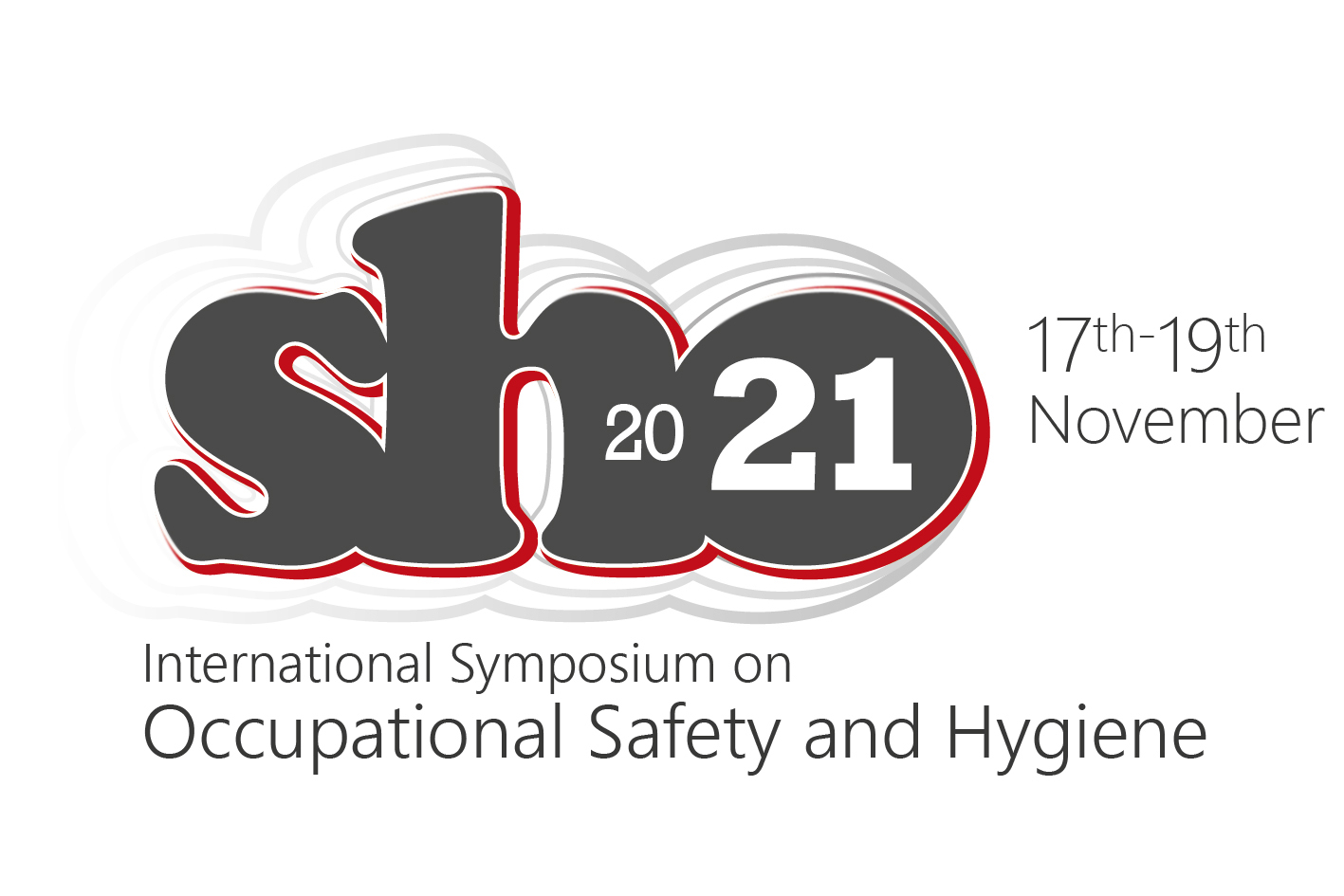
SHO 2021 Virtual Symposium
PROGRAM
INVITED SPEAKERS
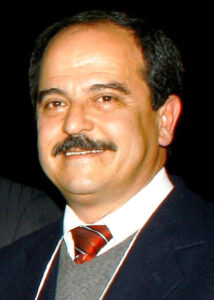
Paulo Antonio Barros Oliveira
Official Standard for Occupational Risk Management: the recent case of Brazil
Paulo Antonio Barros Oliveira is a Physician since 1976 and a Full Professor of Social Medicine at Federal University of Rio Grande do Sul (UFRGS) in Brazil. He is a retired Labour Inspector and Specialist in Occupational Medicine from the Federal University of Health Sciences of Porto Alegre since 1979. Paulo Oliveira helds a Ph.D. in Production Engineering and is the Ex-President of the Brazilian Ergonomics Association (ABERGO), administrations of 2015/2017 and 2018/2020. He was Co-Chair for Latin America, of the International Development Committee of the International Ergonomics Association (IEA), administrations of 2015/2017 and 2018/2020.
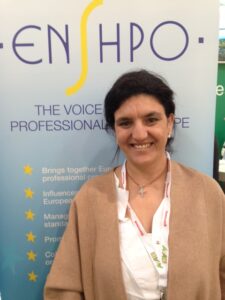
Mireya Rifá Fabregat
Behavioural-based Safety applied to SME´s (small and medium-sized enterprises). Application study using the Pomodoro method
Mireya Rifá Fabregat has a Degree in Biology from Murcia University (half degree in Navarra University). She holds a Diploma in Business Studies from London Guildhall University, a Master Degree in Health and Safety from Francisco de Vitoria University and Top Management Program from Fundacion San Telmo. She was awarded the title of Compliance Auditor in Health and Safety by Labour Ministry. She holds Grad IOSH certification (IOSH), Diversity Management Toolkit. (Charter de la Diversidad) and EurOSHM certification (ENSHPO). She has been a member of the Specialist Association of Health and Safety Professionals from Spain (AEPSAL) September 2006, and from November 2017 she is in charge of Vicechair. From 2016 she has represented AEPSAL in the European Network of Safety and Health Professionals Organizations (ENSHPO) and since 2019 is member of ENSHPO Board. In November 2019 she was awarded the Medal for Merit in the Workplace for Occupational Safety and Health Professionals by the CGPSST. She currently leads the FOSH and Eco45 team that are a multidisciplinary team in the areas of H&S and Wellbeing, Sustainability, Education and Corporate Social Responsibility.
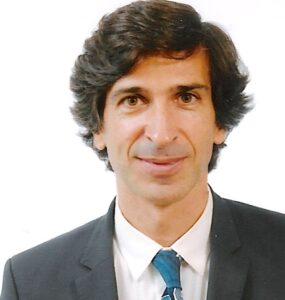
Jorge Barroso Dias
“Integrated safety” and “Integrated health”: expanding multidisciplinary behavioral interventions
Jorge Barroso Dias is President of the Portuguese Society of Occupational Medicine (SPMT) and board member of Portuguese Addiction Medicine Association (APMA). Since 2016 is Chair of the LIFOH (Lisbon International Forum on Occupational Health) and of the FNMT (National Forum of Occupational Medicine). He is member of the ICOH (International Commission on Occupational Health) and member of ACOEM (American College of Occupational and Environmental Medicine), and SPMT representative at the IOMSC (International Occupational Medicine Society Collaborative). He has a Master’s Degree in Health Management, with expertise in Clinical Management and Advanced Studies in Public Health (specialization in Epidemiology) at the National School of Public Health / Nova University of Lisbon (ENSP-NOVA). Guest Lecturer at the Faculty of Medicine of the University of Lisbon (Epidemiology: “Environmental and Occupational Epidemiology”; “Occupational Health”; “Alcohology and Consequences of Harmful Alcohol Consumption in the Community”). Guest Lecturer at the Portuguese Catholic University and member of the Coordinating Committee and the Social Medicine Post graduation (“Peter Doncel ” Medical Expertise in Social Security). Clinical Director of Occupational Health Services at the Municipality of Lisbon (since 2015). Occupational Health Physician (since 1998). Senior Occupational Safety and Hygiene Consultant (since 2000). Researcher in the European BISTAIRS Project (Brief interventions in the treatment of alcohol use disorders in relevant settings), for the “Workplace” and “Social Services” settings. Portuguese Health General-Directorate (DGS): Co-author and Expert, in the alcohol-related Clinical Guidelines (“Early detection of harmful drinking”; “Approaches to teenager’s acute intoxication” and “Diagnosis of multi-consumptions in teenagers”) and Occupational Health Guidelines (“Guideline # 1 – Health Surveillance of Workers Exposed to Ionizing Radiation” and “Guideline # 2 Health surveillance of workers exposed to carcinogenic, mutagenic and reproductive toxic chemicals”).
COMMITTEE
Chairman
Secretary
Organizing committee
Ana Colim, University of Minho
Gonçalo Perestrelo, University of Porto, SPOSHO
Joana Guedes, University of Porto
J. Santos Baptista, FEUP
Mónica Barroso, University of Minho
Nélson Costa, University of Minho
Patrício Cordeiro, University of Minho
Paula Carneiro, University of Minho
Rui Melo, University of Lisbon
International scientific committee
Alberto Villarroya López | Hospital Lucus Augusti, Servizo Galego de Saúde, Spain
Alfredo Soeiro | Universidade Porto – FEUP, Portugal
Ana C. Meira Castro | ISEP, School of Engineering of Polytechnic of Porto (ISEP), Portugal
Ana Colim | University of Minho, Portugal
Ana Ferreira | Polytechnic Institute of Coimbra, Environmental Health, Portugal
Anabela Simões | Universidade Lusófona, Dep. de Aeronáutica e Transportes, Portugal
Angela C. Macedo | University Institute of Maia (ISMAI), Portugal
Angélica S. G. Acioly | Federal University of Paraiba, Brazil
Anil R Kumar | San Jose State University, USA
Anna S P Moraes | University of Minho, Portugal
Antonio J. Cubero Atienza | Cordoba University (Spain). Dept. of Rural Engineering, Spain
Antonio López Arquillos | University of Málaga, Spain
António Oliveira e Sousa | University of Algarve, Institute of Engineering (ISE), Portugal
António Pereira de Oliveria | APOPARTNER, Portugal
Beata Mrugalska | Poznan University of Technology, Fac. Engineering Management, Poland
Bianca Vasconcelos | University of Pernambuco – UPE, Brazil
Camilo Valverde | Católica Porto Business School – Univ. Católica Portuguesa, Portugal
Carla Barros | Fernando Pessoa University, Portugal
Carla Viegas | ESTeSL-IPL, Portugal
Catarina Silva | Faculty of Human Kinetics, University of Lisbon, Portugal
Celeste Jacinto | Faculty of Science and Technology, NOVA University of Lisbon, Portugal
Celina Pinto Leão | School of Engineering of University of Minho, Portugal
Cezar Benoliel | Latin American Association of Safety at Work Engineering, Brazil
Cristina Madureira dos Reis | University of Trás-os-Montes and Alto Douro, Portugal
Delfina Gabriela G Ramos | School of Engineering of Porto (ISEP), Polytechnic of Porto, Portugal
Denis A. Coelho | C-MAST, DEM – Universidade da Beira Interior, Covilhã, Portugal
Divo Quintela | ADAI – LAETA, University of Coimbra, Portugal
Duarte Nuno Vieira | Faculty of Medicine, University of Coimbra, Portugal
Eliane Maria Gorga Lago | University of Pernambuco, Brazil
Ema Sacadura Leite | CHLN Occupational Department, ENSP-New University of Lisbon, Portugal
Emília Duarte | IADE – Universidade Europeia, UNIDCOM, Portugal
Emilia R. Kohlman Rabbani | University of Pernambuco, Brazil
Enda Fallon | Industrial Engineering, National University of Ireland Galway, Ireland
Evaldo Valladão | Brazilian Academy of Work Safety Engineering, Brazil
Fernanda Rodrigues | Civil Engineering Department – University of Aveiro, Portugal
Fernando Gonçalves Amaral | Universidade Federal do Rio Grande do Sul (UFRGS), Brazil
Filipa Carvalho | Laboratório de Ergonomia, FMH, CIAUD, Universidade de Lisboa, Portugal
Filomena Carnide | Faculty of Human Kinetics, University of Lisbon, Portugal
Florentino Serranheira | NOVA National School of Public Health, Portugal
Francisco Fraga López | Universidad de Santiago de Compostela, Spain
Francisco Rebelo | ergoUX, FA, Universidade de Lisboa, Portugal
Francisco Silva | Technological Centre for Ceramics and Glass (CTCV), Portugal
Guilherme Teodoro Buest Neto | ABENC – Brazilian Association of Civil Engineers, Brazil
Gustavo Adolfo Rosal López | PrevenControl, Spain
Hernâni Veloso Neto | RICOT, Institute of Sociology, University of Porto, Portugal
Ignacio Castellucci | CETyFH, Facultad de Medicina, Universidad de Valparaíso, Chile.
Ignacio Pavón | ETSI Industriales, Universidad Politécnica de Madrid. Spain
Isabel L. Nunes | Universidade NOVA Lisboa, Faculty of Science and Technology, Portugal
Isabel Loureiro | University of Minho, Portugal
Isabel S. Silva | School of Psychology, University of Minho, Portugal
Jacqueline Castelo Branco | Faculty of Engineering of Porto University
J Torres da Costa | MD PHD Faculdade Medicina University Porto, Portugal
J. Santos Baptista | Faculty of Engineering, University of Porto, Portugal
Javier Llaneza | Asociación Española de Ergonomía (Spanish Ergonomics Society), Spain
JC Guedes | Faculty of Engineering of University of Porto (FEUP), Portugal
Jesús A. Carrillo-Castrillo | Universidad de Sevilla, Spain
Joana Santos | School of Health, Polytechnic Institute of Porto, Portugal
João Areosa | CICS.NOVA; ESCE/IPS; RICOT, Portugal
João Ventura | IN+ (Center for Innov., Technology and Policy Research), IST, Portugal
Jorge Gaspar | ISEC Lisboa – Higher Institute of Education and Sciences, Portugal
Jorge Patrício | National Laboratory for Civil Engineering, Portugal
José Carvalhais | Faculty of Human Kinetics, University of Lisbon, Portugal
José Pedro T Domingues | Department of Production and Systems, University of Minho, Portugal
Juan Carlos Rubio-Romero | University of Málaga, Spain
Laura B. Martins | Federal University of Pernambuco, Brazil
Liliana Cunha | University of Porto, Portugal
Luis Antonio Franz | Federal University of Pelotas, Brazil
Luiz Silva | Federal University of Paraíba, CESET-LAT/DEP, Brazil
M.ª D. Martínez-Aires | Department of Building Construction, University of Granada, Spain
Mahrus K. Umami | University of Trunojoyo Madura – UTM, Indonesia
Manuela Vieira da Silva | School of Health, Polytechnic Institute of Porto, Portugal
Marcelo M. Soares | Hunan University, China
Marcelo Pereira da Silva | Federal University of Rio Grande do Sul (UFRGS), Brazil
Maria Antónia Gonçalves | ISEP-School of Engineering, Polytechnic of Porto, Portugal
Maria Del Carmen Pardo-Ferreira | University of Málaga, Spain
Maria José Marques Abreu | Department of Textile Engineering, University of Minho, Portugal
Maria Luísa Matos | Faculty of Engineering, University of Porto, Portugal
Marino Menozzi | Human Factors Engineering, ETH Zurich, Switzerland
Mário A P Vaz | FEUP – INEGI, Portugal
Marta Santos | University of Porto, Portugal
Martin Lavallière | UQAC, Department of health sciences, Canada
Martina Kelly | National University of Ireland, Galway, Ireland
Matilde Alexandra Rodrigues | Polytechnic Institute of Porto, School of Health, Portugal
Maurilia de Almeida Bastos | IFSC, Federal Institute of Santa Catarina, Brazil
Miguel Tato Diogo | University of Porto, Faculty of Engineering (FEUP), Portugal
Mohammad Shahriari | University of Necmettin Erbakan, Konya Turkey
Mónica Dias Teixeira | REQUIMTE – ISEP, Portugal
Mónica Paz Barroso | Universidade Minho/SPOSHO, Portugal
Nélson Costa | University of Minho, Portugal
Nelson J. O. Rodrigues | University of Minho, Portugal
Paul Swuste | Safety Science and Security Group TUDelft, The Netherlands
Paula Carneiro | University of Minho, Portugal
Paulo A. A. Oliveira | School of Technology and Management – Polytechnic of Porto, Portugal
Paulo Noriega | Faculty of Human Kinetics, University of Lisbon, Portugal
Paulo Sampaio | University of Minho, Portugal
Paulo Victor Rodrigues de Carvalho | Instituto de Engenharia Nuclear, Brasil
Pedro Arezes | University of Minho, Portugal
Pedro NP Ferreira | Centre for Marine Technology and Ocean Engineering, IST-UL, Portugal
Pere Sanz-Gallen | Fac. Medicine and Health Sciences. University of Barcelona, Spain
Rui Azevedo | University Institute of Maia, Portugal
Rui B. Melo | Laboratório de Ergonomia, CIAUD, Universidade de Lisboa, Portugal
Rui Garganta | Oporto University. Faculty of Sport, Portugal
Salman Nazir | University of Southeast Norway
Sara Braganca | Solent University, United Kingdom
Sérgio Sousa | University of Minho, Portugal
Susana Costa | University of Minho, Portugal
Susana Paixao | IPC, Coimbra Health School, Environmental Health Dep, Portugal
Susana Patrícia Bastos de Sousa | INEGI, Portugal
Susana Viegas | NOVA National School of Public Health, Portugal
Szabó Gyula | Óbuda University, Budapest, Hungary
Tânia Miranda Lima | University of Beira Interior, Portugal
Teerayut Sa-ngiamsak | Burapha University, Industrial Hygiene and Safety Department, Thailand
Teresa Patrone Cotrim | Laboratório de Ergonomia, FMH, CIAUD, Universidade de Lisboa, Portugal
Tomi Zlatar | University of Pernambuco – UPE, Brazil
Waldemar Karwowski | University of Central Florida, USA
Walter Franklin M. Correia | Federal University of Pernambuco – CAC, Design Dept., Brazil
Virtual Organizing committee
Joana Duarte – University of Porto
Susana Costa – University of Minho
SUBMISSIONS
Dear authors,
In this year’s SHO2021, the process of submission and selection of works will have new features in relation to previous editions. To know:
- The Book Chapters will no longer be paid. However, its publishing will be conditioned by new rules (see below)
- Acceptance of “Commercial Articles” in the Proceedings Book, with special highlights section. Its conditions and publication characteristics are described below.
- The fee of the members of the Portuguese Society for Occupational Safety and Hygiene (Sociedade Portuguesa de Segurança e Higiene Ocupacionais, SPOSHO) for 2021 and 2022 is now included in the registration at SHO2021, as well as all overdue fees*. Non-members who desire to apply for membership in the Society can do so without the need to pay an “entrance fee”. To do so, they must fill in the application form HERE, which will be later assessed by the SPOSHO Directorate, under the respective statutes.
* To the associated members with paid-up fees a discount will be applied when registering
Please, read the following authors’ instructions carefully before you submit your work.
Authors will be able to choose between three major types of submission:
- Proceeding Articles – Portuguese or English. This category includes all papers submitted between May 4 and July 27, 2021. It will also include papers submitted before these period, under one of two options: authors’ request or International Scientific Commission (ISC) decision.
- Commercial Articles – products disclosure, services or brands (new section), submitted in compliance with the general rules of the Proceeding Articles, despite having its own highlight section.
- Book Chapter – All works that comply with the rules referred in authors’ instructions can apply for the Book Chapter. The works will be selected in two phases: 1st Formal verification by the SHO2021 International Scientific Committee, 2nd Scientific evaluation carried out by, at least, two members of the ISC. Papers with an ICC average rating of 1 (or more points) on a scale from -3 to +3 points will be accepted. Unselected papers are automatically re-classified as Articles for possible publication in the Proceedings Book.
Publication title: Occupational and Environmental Safety and Health III, edited by Springer, and indexed at SCOPUS;
- Only English-written manuscripts*
- Papers submitted until May 11, 2021 with an average ISC rating of 1 or more points on a scale of -3 to 3 points;
- The presentation at the Symposium must be delievered in English
* Every submitted manuscript, despite category, will be subjected to an automatic process for grammatical checking and linguistic quality. SHO2021 provides proofreading services for authors who request it.
Article
Publication title: Occupational Safety and Hygiene – SHO2021 Proceedings Book, edited by SPOSHO, with ISBN, and indexed at ISI Proceedings;
- Portuguese or English written manuscripts;
- The presentation at the Symposium must be delivered in the same language in which the article is written.
IMPORTANT NOTES
Submission must be made electronically on the PLATFORM, considering the deadline that follows.
The inclusion of accepted manuscripts at the symposium publications presupposes that the authors commit themselves to make their respective presentation at the event. In the case that they do not do so, and do not provide a plain justification for their absence, they will be prevented from publishing in subsequent editions of the event.
TO PREVIEW THE LIST OF RELEVANT TOPICS CLICK HERE
Manuscripts applying to Book Chapter
- Submission until: May 4, 2021 NEW DATE: May 11, 2021
- Preliminary decision by ICC: June 16, 2021
- Revised manuscript submission until: July 6, 2021
- Final decision until: July 21, 2021
Until July 25, at least one of the authors has to be registered in SHO2021
Articles submission
- Submission until: July 27, 2021 NEW DATE: August 1, 2021
- Preliminary decision by ICC until: September 6, 2021
- Revised manuscript submission until: September 26, 2021
- Final decision until: October 19, 2021
Until October 23, at least one of the authos has to be registered in SHO2021
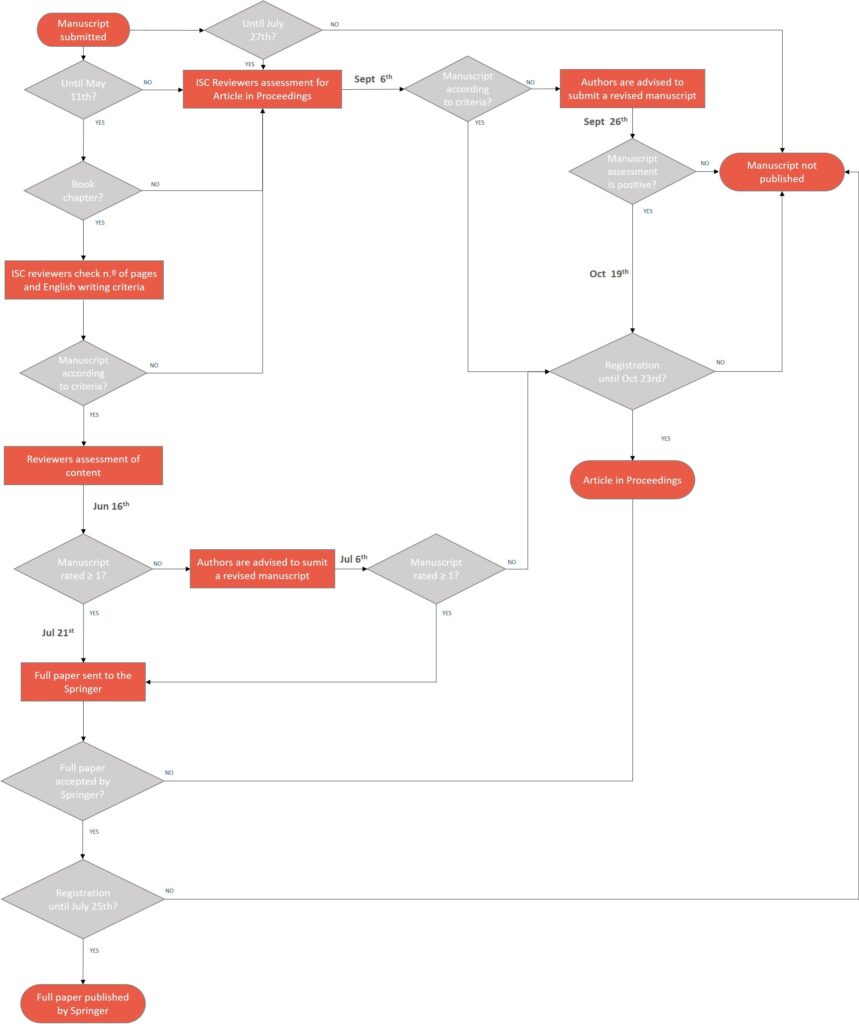
SYMPOSIUM PRESENTATIONS
Presentations at the SYMPOSIUM may be in oral or in Poster form, according to the Symposium Scientific Committee decision
GENERAL INSTRUCTIONS FOR ORAL PRESENTATIONS
- The speakers shall be present in the session virtual meeting room 5 minutes before the session starting time, in order to provide the session chair with some biographical data;
- The session chairs may, at their discretion, increase the time allocation to each speaker, but cannot change either the presentation order or the presentation starting time, regardless of the speakers’ attendance at each presentation starting time;
- The virtual presentation (approx. 10 minutes) will be managed by the session chair;
- At the end of each virtual presentation, 3-5 minutes will be reserved for open discussion (open microphone).
GENERAL INSTRUCTIONS FOR POSTERS
- Speakers shall be present in the session virtual meeting room 3 minutes before the poster demonstration session starting time;
- Poster Demonstrations (5 minutes max) will be managed by the session chair;
- At the end of the Poster Demonstration session, 7-10 minutes for open discussion (open microphone) are reserved.
HOW TO PREPARE YOUR VIRTUAL PRESENTATION OR POSTER DEMONSTRATION
- Prepare a recorded slide show with audio narration using the MS PowerPoint Slide Show format (.ppsx) OR a presentation screen recording video/audio with file format (MP4, AVI, MOV, MPEG) presentation;
- For the preparation of the posters, the model provided HERE must be used;
- The file shall be sent to sho2021@sposho.pt until October 30th;
- Closer to the event, all registered participants will receive an e-mail with an invitation to the virtual event and instructions regarding the procedures for the attendance. This invitation is personal and shall not be shared.
JOURNAL PUBLICATION INVITATION
After prior selection, some authors will be invited to submit an extended version of their manuscripts on the following international journal:
International Journal of Occupational and Environmental Safety (
REGISTRation
The registration can be done online (only available in English), which also allows payment online, HERE
For more information on registration or special cases, contact the Organizing Committee: sho2021@sposho.pt
Registration fee
The registration fee will include:
– The proceedings book “Occupational Safety and Hygiene – SHO2021 Proceedings Book” (PDF);
– “Occupational and Environmental Safety and Health III” edited by Springer (PDF);
– 40% discount on the purchase of the paper version of “Occupational and Environmental Safety and Health III”
– Attendance certificate (sent by email, at the end of the event);
– Each registration will be entitled to the presentation of one work (Article, Book Chapter or Poster);
– SPOSHO registration fee offer for the years of 2021, and 2022 (SPOSHO fee – 30€/year).
| Until September 23, 2021 | After September 23, 2021 | |
| Without presentation of any work* | 80 € | 100 € |
| Author** | 100 € | 140 € |
| Student/Unemployed*** | 60 € | 75€ |
| Commercial Article**** | 50 € | N.A |
| Additional Article/Book Chapter | 35€ | N.A. |
* No paper presentation (Virtual Presentation or Poster). Participant is entitled to attend all presentations, and receive an attendance certificate.
** For paper publication, at least one of the authors must be registered (and have a payed registration fee) by the date under “SUBMISSION DEADLINES“
*** To be considered a student, you must be under 30 years old, and must present a statement from the educational institution. The unemployed must present a statement/document proving the situation at the time of registration. Students and unemployed are entitled to submit an additional work without increasing the registration fee.
**** Requires the registration of, at least, one speaker as an author
Cancellation and refund policy
Only requests for cancellation of registration prior to July 16, 2021 will be refunded at 100%. For orders placed between July 15 and October 23, 2021, a refund of only 60% of the amount paid will be made. After October 23,
Official Secretariat
A/C Maria João Coelho
Praça da Trindade, 142, 4º 4000-285 Porto | Portugal
Telef. +351 222 043 570 | e-mail: maria.j.coelho@abreu.pt
Organisation

Co-Organisers

SPONSORS
Institutional Partners
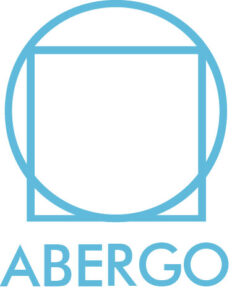
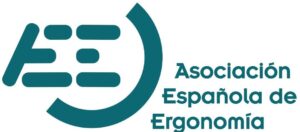
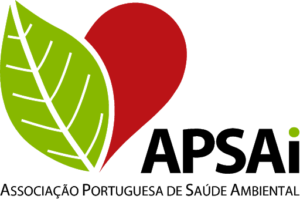

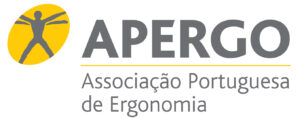
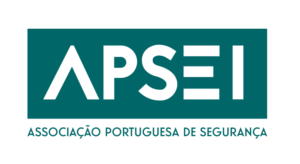
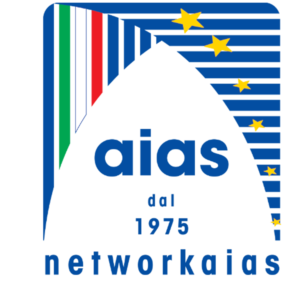

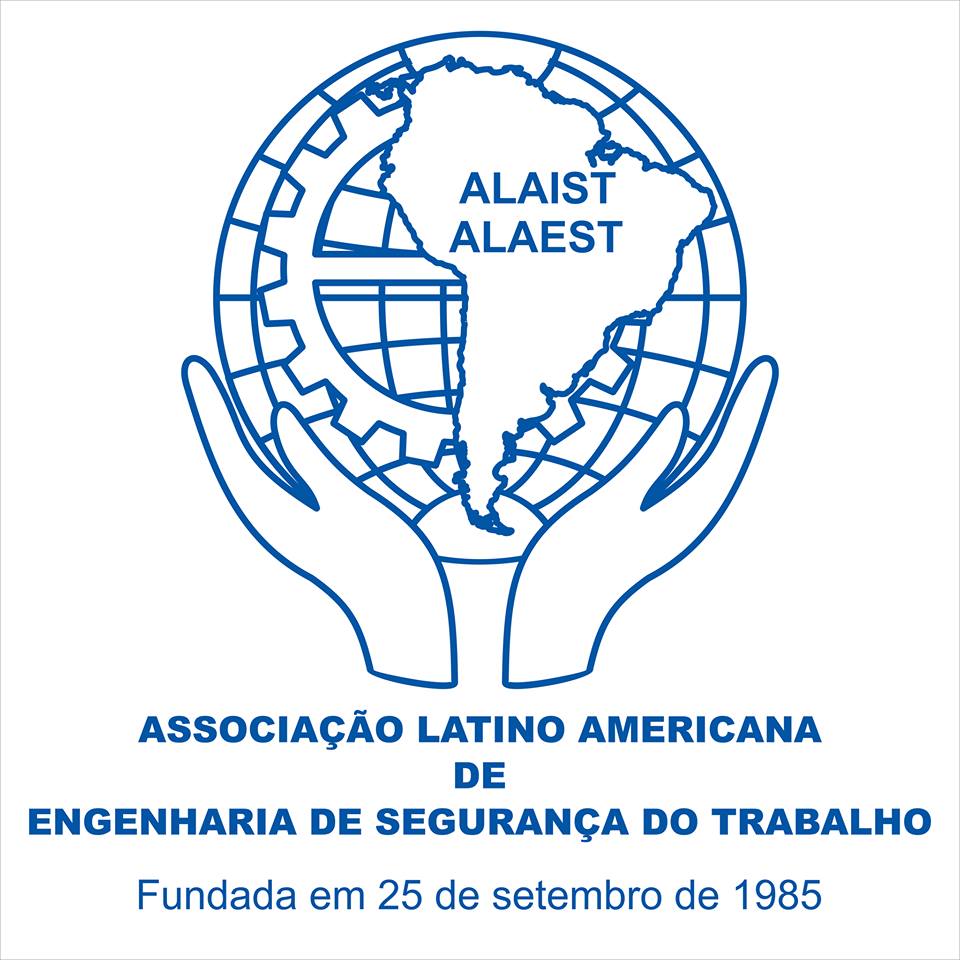
Media Partners

Sponsors
CONTACTS
Organizing Committee
E-mail: sho2021@sposho.pt
Tel: +351 22 508 19 29
DEM, Faculdade de Engenharia da Universidade do Porto
Rua Dr. Roberto Frias, s/n, 4200-465 Porto, PORTUGAL
Oficial Secretariat
Email: maria.j.coelho@abreu.pt
Tel: +351 222 043 570
Viagens Abreu, S.A. A/C Departamento de Congressos
Praça da Trindade, 142
4000-285 Porto PORTUGAL
